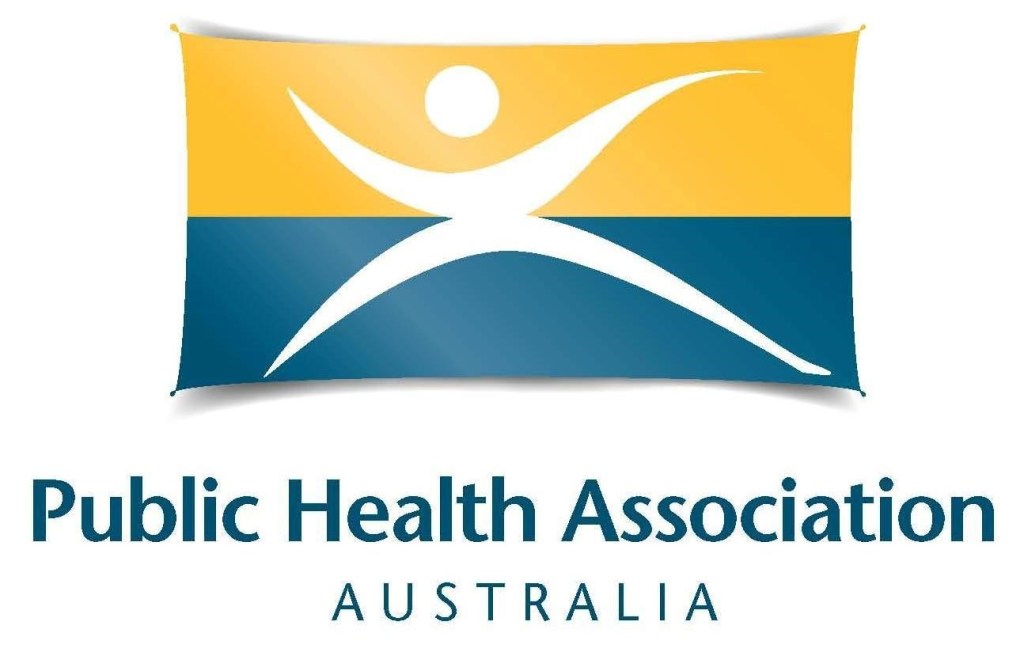Jaya Dantas
The Public Health Association of Australia on the 6th and 9th August 2020 notes the 75th anniversaries of the nuclear bombings of Hiroshima and Nagasaki in 1945. This week we join other organisations and groups across Australia and globally in remembering the victims and survivors of these attacks.
Seventy-five years ago, on 6 August 1945, the United States dropped an atomic bomb on Hiroshima in Japan. Three days later on 9 August, a second bomb was dropped on Nagasaki. The cities were completely destroyed, killing 200,000 people, with the destruction unlike anything experienced ever before.
A leading group of Hibakusha – the survivors of the bombs used in Hiroshima and Nagasaki – have launched a signature campaign named “Hibakusha Appeal” calling for the elimination of nuclear weapons, in the hope that no one will ever have to suffer as they have.
The 75th anniversaries of the bombings present an opportunity for reflection, remembrance, and action against the constant threat of nuclear weapons.

The production and testing of nuclear weapons internationally continues to harm the health, environment, and cultures of communities around the world. In April 2020, China, France, India, Israel, North Korea, Pakistan, Russia, USA and UK held around 13,410 nuclear warheads with Russia and USA owning 91% of these. Additionally, 3,870 nuclear warheads are operationally deployed with nearly 1,800 on alert, ready for use within minutes.
All nuclear-armed states are in violation of their obligation to disarm. There are currently no negotiations between nuclear-armed states about reducing warheads or curtailing operations and modernisations. The US, for example, plans to spend over US$2 trillion over the next 30 years to upgrade its entire nuclear arsenal and production complex. There are signs that deepening crises in South Asia, Europe, the Korean peninsula and the South China Sea are increasing the role of nuclear forces. All the nuclear-armed states reaffirm the importance of their nuclear weapons for the indefinite future and are modernising their nuclear arsenals.
The campaign to abolish nuclear weapons has been ongoing for decades. In 1997, The General Assembly of the World Federation of Public Health Associations (WFPHA) called for the abolition of nuclear weapons, asserting the threat they pose to human civilisation and the global environment. In 2011, the governing body of the Red Cross/Red Crescent Movement, the world’s largest humanitarian organisation, called on all states “to ensure that nuclear weapons are never again used” and “to pursue… and conclude with urgency and determination negotiations to prohibit the use of and completely eliminate nuclear weapons through a legally binding international agreement”.
In April 2016, WFPHA, with International Physicians for the Prevention of Nuclear War (IPPNW), the World Medical Association (WMA) and the International Council of Nurses (ICN) submitted to the UN Working Group a statement detailing the planetary health imperative to ban and eliminate nuclear weapons.
In March 2017, WFPHA, IPPNW, WMA and ICN submitted a Working Paper to the negotiating conference strongly supporting a ban treaty on public health grounds. On 7 July 2017, the United Nations conference to negotiate a legally-binding instrument to prohibit nuclear weapons, leading towards their elimination, by a vote of 122 to 1 with 1 abstention, adopted the text of the Treaty on the Prohibition of Nuclear Weapons. This historic treaty provides a categorical and comprehensive prohibition of nuclear weapons. It opened for signature in New York on 20 September 2018, and will enter into force once 50 states have ratified the Treaty. As of 9 May 2020, 81 states have signed and 36 have ratified it.
The Australian Government’s stated commitment to nuclear disarmament is negated by its claim that US nuclear weapons are key to Australia’s national security and prosperity, and the corollary that there are justifiable circumstances in which the Australian government would support their use. The Australian government currently supports only disarmament measures that depend on action by unwilling nuclear-armed states, which have no foreseeable prospects of implementation. Australia has actively opposed the Treaty on the Prohibition of Nuclear Weapons.
We need a world without nuclear weapons and call on the Australian government to join the Treaty which greatly strengthens the global consensus against these weapons and increases pressure on the nuclear-armed to disarm.
The most powerful way to honour the victims and survivors of nuclear weapons is to progress the elimination of these weapons. It is in the hands of global citizens to ensure our leaders are on the right side of history.
PHAA hopes that Australia will soon join governments in more than 122 countries and join the international call and movement to ban nuclear weapons forever.
More on the campaign in Australia at: icanw.org.au
Dr Jaya A. R. Dantas is the Convenor of PHAA’s International Health Special Interest Group. She is also Dean International in the Faculty of Health Sciences and Professor in the School of Public Health at Curtin University where she leads a programme of research in refugee and migrant health. Her central research interests focus on the consequences of post-conflict adversity on women and youth; resilience among refugee and migrant populations, the social determinants of health, and participatory research.


Leave a Reply